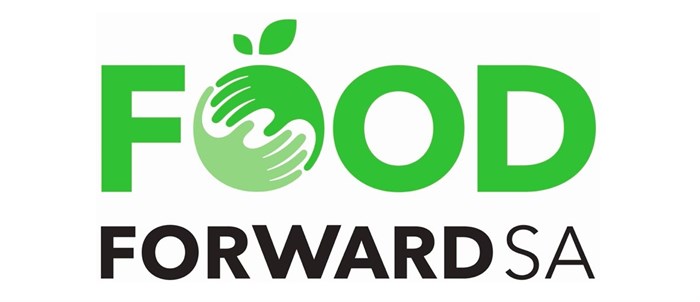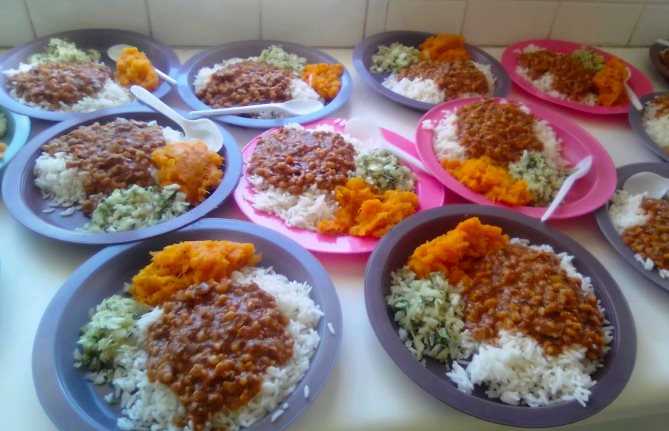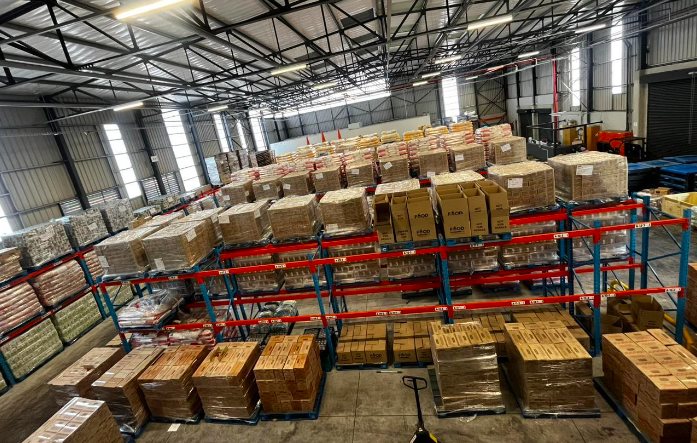
Top stories






More news

Marketing & Media
Ads are coming to AI. Does that really have to be such a bad thing?
















South Africa has more than enough food to feed all its people. Yet, we have one of the highest incidences of child malnutrition (stunting) in the world, currently at 27,5%, while more than 10 million tons of good food is lost or wasted across our food system every year. When considering the resources that goes into this food production – water, land, energy, labour and capital, it not only undermines the sustainability of our food systems, with a devastating impact on our environment, but we lose a huge opportunity to solve three key challenges – food waste, its environmental impact, and food insecurity.
Food loss and waste is the third largest emitter of greenhouse gas emissions in the world, and some of the main drivers of this is attributed to supply chain dynamics like over-production; over-ordering; specification requirements; supply chain disruptions etc. This unnecessary and avoidable loss is also due to a regulatory environment that does not promote the timeous identification and redistribution of good quality surplus food across the food system.
According to Statistics South Africa’s (Stats SA) 2021 General Household Survey (GHS), more than 23 million people experienced food insecurity. We estimate that this number to be closer to around 30 million people today when considering the current cost of living crisis, escalating food prices, high rate of unemployment, deep inequality, and poverty in our country.
According to the Food and Agricultural Organisation (FAO) a sustainable food system is “a food system that delivers food security and nutrition for all in such a way that the economic, social and environmental bases to generate food security and nutrition for future generations are not compromised".
The UN’s recent State of Food and Nutrition Security in the World Report emphasises that “greater effort is needed to end hunger, food insecurity, and malnutrition in all its forms by 2030". This year’s International Day of Awareness of Food Loss and Waste theme is 'Taking Action to Transform Food Systems'.
There is a simple yet effective model that is implemented globally to help achieve both sustainable food systems and deliver food security as we move towards stronger action to achieve the Sustainable Development Goals (SGDs) by 2030.
This model is called FoodBanking, which involves the timeous recovery and redistribution of good surplus food across the food system, which may not be sellable but is still perfectly edible, to address food insecurity and malnutrition at scale. This simple yet effective model is implemented by FoodForward SA across the country.

Since its inception in 2009, FoodForward SA has recovered and distributed more than 91 million tons of surplus food, equating to 364 million meals. As South Africa does not currently have regulations that promote or regulate food donations, in October 2022 FoodForward SA launched a Petition for Food Donation Regulations.
In less than six months our petition garnered close to 10,000 signatures and was brought to the attention of Business Unity South Africa (BUSA) and the Consumer Goods Council of South Africa (CGCSA). They jointly proposed that FoodForward SA present our petition at the National Economic Development and Labour Council’s (NEDLAC) Food Security Rapid Response Task Team in March 2023.
Our petition recommended the following changes:

Following several consultative meetings between NEDLAC’s task team, FoodForward SA, the CGCSA, BUSA, the Department of Health and the Department of Trade and Industry, we are excited to report that the Department of Health has agreed to consider including food donation recommendations to their revised Labelling Guidelines which were available for public comment until 21 September. FoodForward SA’s submission included the following:
Furthermore, FoodForward SA has engaged the South African Bureau of Standards (SABS) with the view to develop a South African National Standard (SANS) for Food Donation Best Practice Guidelines. Following our engagement, the SABS convened a meeting with the industry to discuss this issue, and all were in favour of a SANS for Food Donations. Over the next few weeks, a ballot will be canvassed from industry and if most agree, we should have a SANS for Food Donations within the next year.
While discussions with the Department of Trade and Industry are still ongoing, the above regulatory changes are very positive and will go a long way to unlock even more donations of surplus food from the food system to reduce food loss and waste and reduce food insecurity and malnutrition across South Africa.